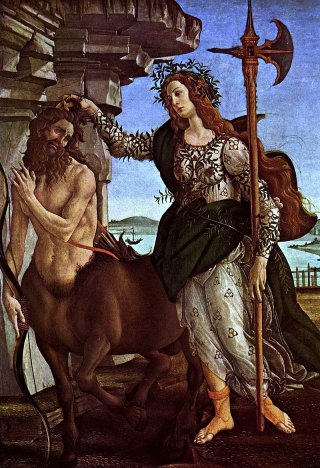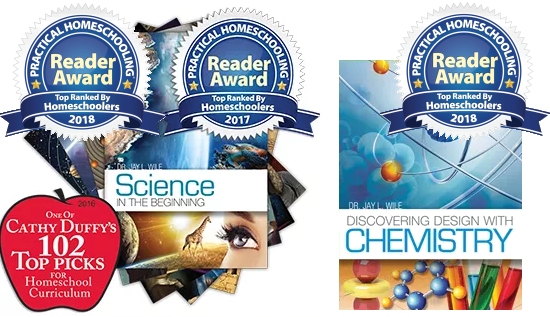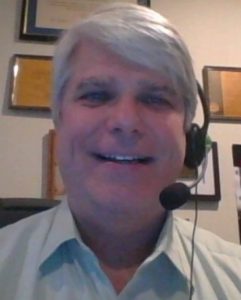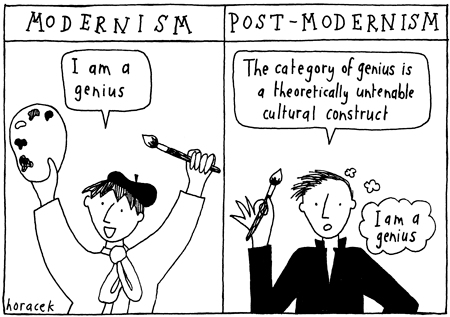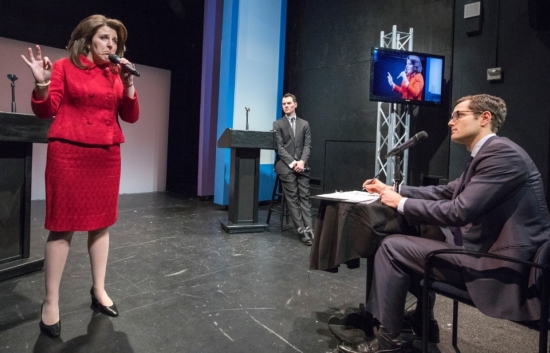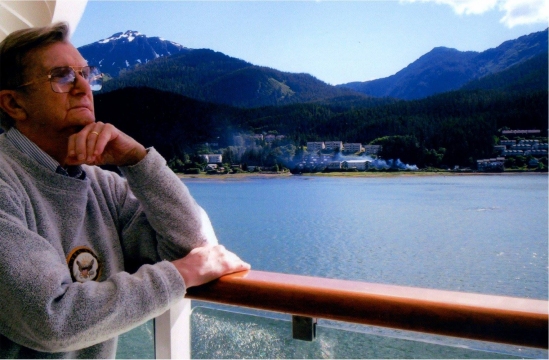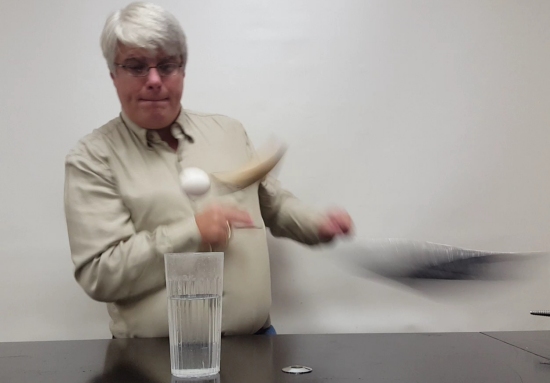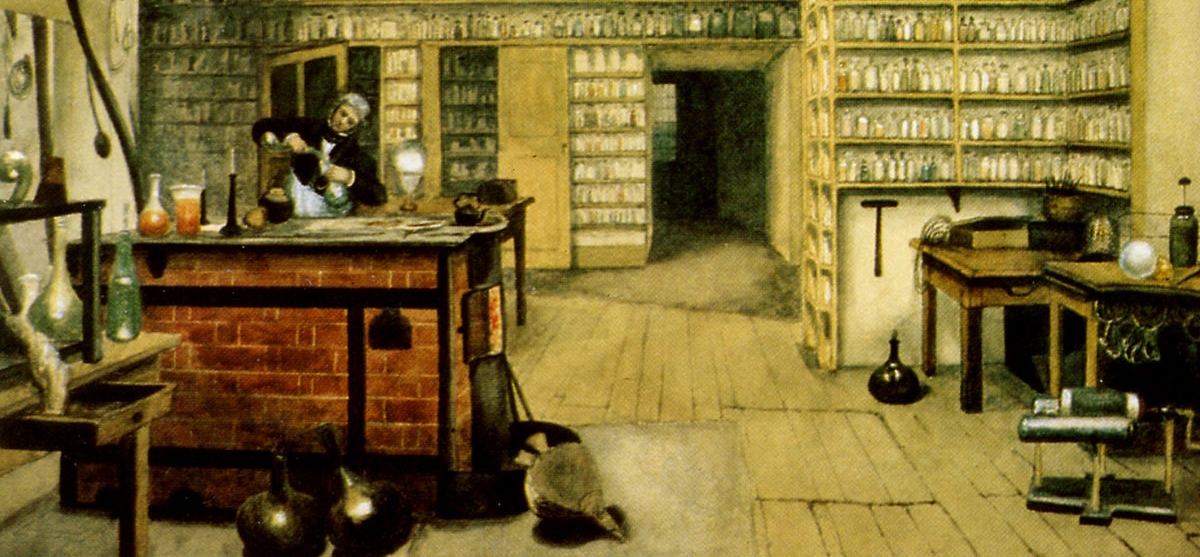
A while back, I posted a very creative test answer given to me by one of my former students. I want to post something else that she wrote. It’s not what you normally see on this blog, but I enjoyed it immensely. I hope you do, too.
A Tale of Two 19th Century Gentleman Scientists Living in the 21st Century in Six Short Scenes
~January 21, 20—~
It has been said, though by whom I cannot say, that every good story starts with a bad decision, and that is precisely what a certain Mr. Tobias Newton was thinking he had made in accepting the chairmanship of the S. O. O. S. S. Like so many societies of its kind, the Something-or-other Science Society had been founded with the best of intentions. It was to be a society for the local pursuers of all branches of scientific knowledge to aid one another by exchanging ideas, hypotheses, and data, and for some time this was what it had been. In past times Newton had brought those who were flagging in their scientific zeal to the society meetings and it almost never failed to invigorate their studies, but now it had fallen into disrepair due to that same lack of zeal on the part of its leading members. It could now be best described as a meeting of rather glum persons, mostly men and mostly chemists, who came together to complain of the weather, their health, and the lack of available Cesium. Newton had hoped to be able to revive the society that he had enjoyed so much in the past by accepting the position of chairman, but he found that instead of influencing the members for good, their persistent pessimism was wearing away his resolve.
Hence it was a rather dejected Mr. Tobias who arrived back at his extensive Edwardian abode. It was a house with that strange sort of charm peculiar to antiquated buildings which have not yet been allowed to fall into disrepair. But to one so accustomed to its premises as Newton, these finer qualities were for the moment swallowed by his many other preoccupations. Not the least of these other worries was the guests he had coming to stay with him. His cousin, Rutherford—a chemist—was coming to visit Newton later that week. In general Newton felt inept at entertaining company, but he was always at his ease around his cousin. The trouble was not (as it so often was) Rutherford, but his much younger lab assistant who simply went by Tertius. Newton knew next to nothing about the young scientist, but in all probability he would be a sorry addition to their customary twosome. But whether he really was or not, Newton needed to try to make his cousin’s assistant feel welcome, and we will leave him to attempt that very thing.
Continue reading “And Now For Something Completely Different”

